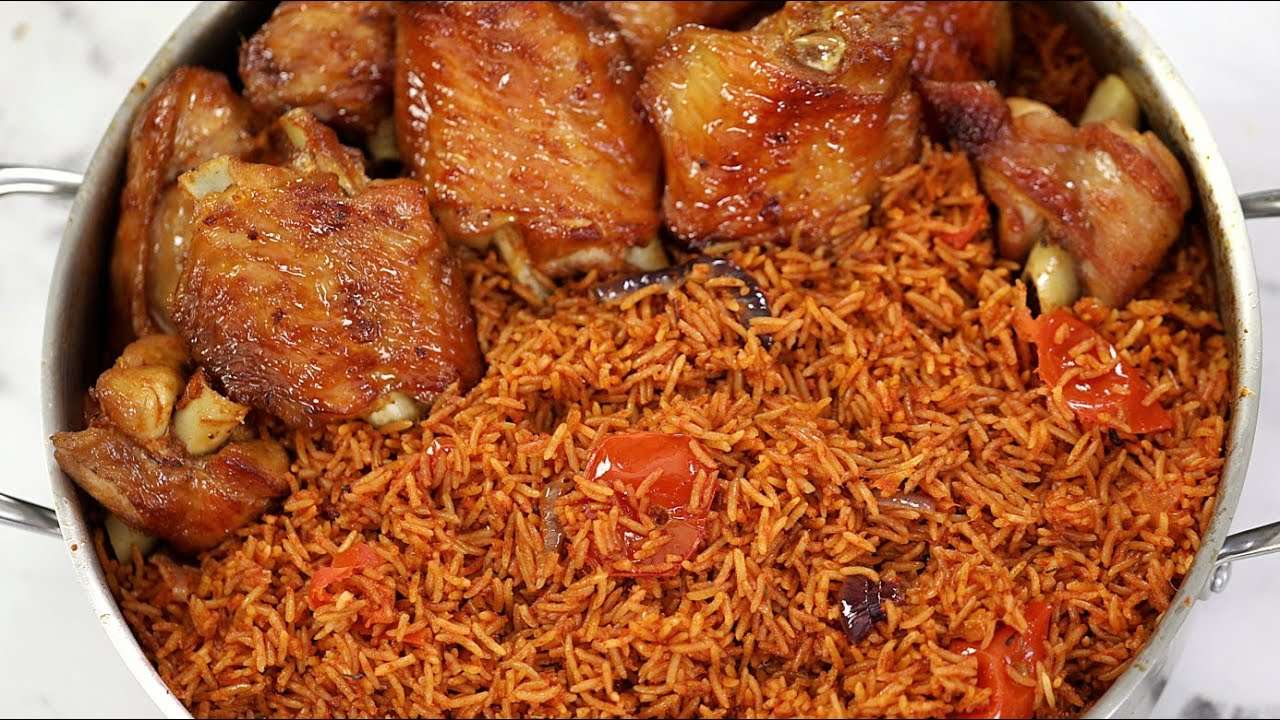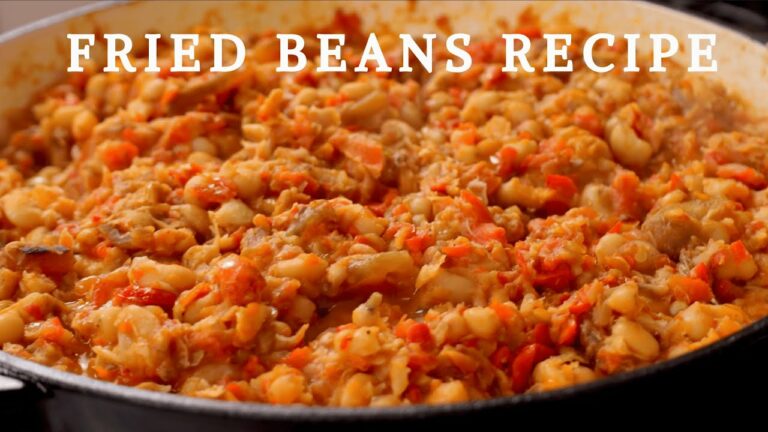
Few topics stir as much passion across West Africa as the ongoing debate over which country makes the best Jollof rice. The “Jollof Rice Wars: The Nigerian vs Ghanaian Debate” has sparked lively discussions at family gatherings, social media platforms, and even international food festivals. Both Nigeria and Ghana claim ownership of the most flavourful version of this iconic dish, each with its unique twist. But what exactly sets these two versions apart, and why is the rivalry so intense?
Origins of Jollof Rice
The origins of Jollof rice trace back to the Wolof people of Senegal, where the dish was first created. It eventually spread across West Africa, taking on different forms in each region. Over time, Nigeria and Ghana have become the central players in perfecting the recipe, leading to the famous rivalry between the two nations. Both versions use rice, tomatoes, and a mix of spices as the core ingredients, but the devil is in the details.
Key Differences Between Nigerian and Ghanaian Jollof
While the basic ingredients of Jollof rice remain similar across both countries, subtle differences in cooking methods, seasoning, and rice type create distinct flavors.
- Rice Type: Nigerians typically use long-grain parboiled rice, which absorbs the sauce beautifully, while Ghanaians often prefer basmati rice for its distinct texture and aroma.
- Cooking Method: Nigerian Jollof is famous for its “party rice” preparation, where the rice at the bottom of the pot gets slightly burnt, giving it a smoky flavor. In contrast, Ghanaians avoid this method, aiming for a more uniform taste.
- Spice Levels: Nigerian Jollof tends to be spicier, thanks to the use of Scotch bonnet peppers and other fiery seasonings, while Ghanaian Jollof leans towards a milder yet richly seasoned taste.
- Tomato Base: Nigerian Jollof is known for its rich, deeply colored tomato base, often made by reducing a blend of tomatoes, peppers, and onions. Ghanaian Jollof, while also tomato-based, tends to be lighter with a more balanced sweetness.
The Cultural Significance of Jollof Rice
In both Nigeria and Ghana, Jollof rice is much more than just a meal; it’s a cultural symbol. It plays a significant role in celebrations like weddings, parties, and family gatherings. In Nigeria, it’s hard to imagine a traditional party without the presence of the beloved “party Jollof,” while in Ghana, it is the dish of choice for festive occasions and Sunday family meals. The passion behind the “Jollof Rice Wars” stems from national pride, with each country fiercely defending its version as the best.
Case Study: The Jollof Festival
A great example of how seriously this debate is taken is the annual Jollof Festival held in Washington D.C. The festival brings together chefs from different West African nations, including Nigeria and Ghana, to compete for the title of the best Jollof rice. In recent years, judges from diverse backgrounds have sampled both versions, highlighting the ongoing rivalry. Interestingly, a 2019 edition of the festival saw a Nigerian chef taking the crown, much to the chagrin of the Ghanaian participants, further fueling the “Jollof Rice Wars: The Nigerian vs Ghanaian Debate.”
Statistical Insights
The impact of Jollof rice transcends local boundaries, with social media amplifying the debate on a global scale. A 2022 survey conducted by BBC Africa found that 70% of West Africans were aware of the Jollof Rice Wars, with 45% identifying as staunch supporters of the Nigerian version, while 40% pledged allegiance to Ghanaian Jollof. The remaining 15% either preferred other versions or found it impossible to choose.
Why the Debate Continues
The Nigerian vs Ghanaian Debate on Jollof Rice persists for a few reasons:
- National Pride: Both countries see their version of Jollof as part of their national identity. The debate is about much more than food—it’s about culture and heritage.
- Social Media Influence: Platforms like Twitter and Instagram have made it easy for both sides to promote their Jollof rice with pictures, memes, and polls. The viral nature of the debate has ensured it remains relevant.
- International Recognition: As West African cuisine gains recognition worldwide, both Nigerians and Ghanaians are eager to promote their version as the definitive Jollof rice on the global stage.
Key Takeaways
The Nigerian vs Ghanaian debate on Jollof Rice shows no signs of slowing down. Both versions of are delicious and offer unique flavors that reflect the rich cultural heritage of Nigeria and Ghana. Whether you prefer the smoky, spicy taste of Nigerian Jollof or the aromatic, balanced flavours of Ghanaian Jollof, the dish remains a beloved part of West African cuisine.
Ultimately, it’s a matter of personal preference, and perhaps the best way to resolve the debate is to enjoy both versions.
Discover more from Amebo Media
Subscribe now to keep reading and get access to the full archive.




